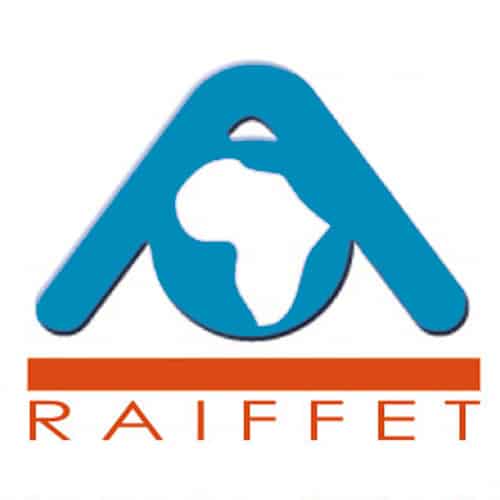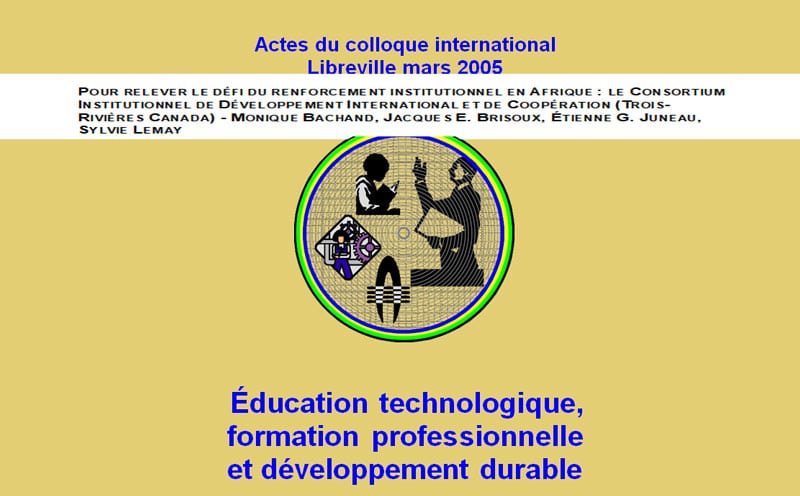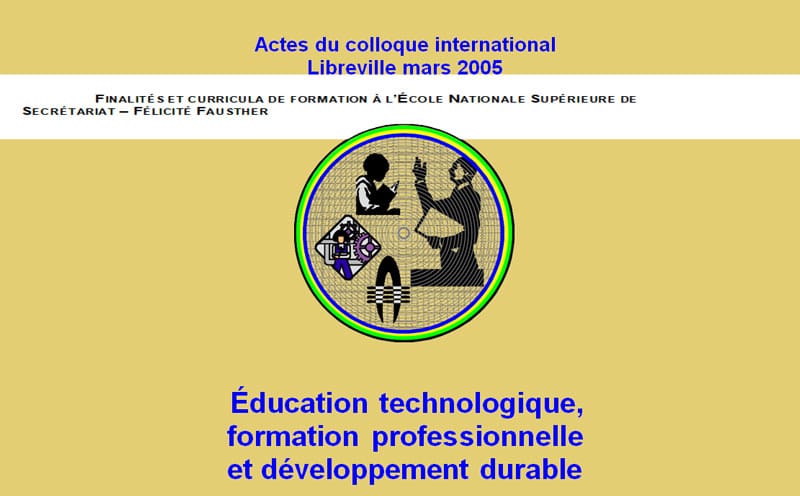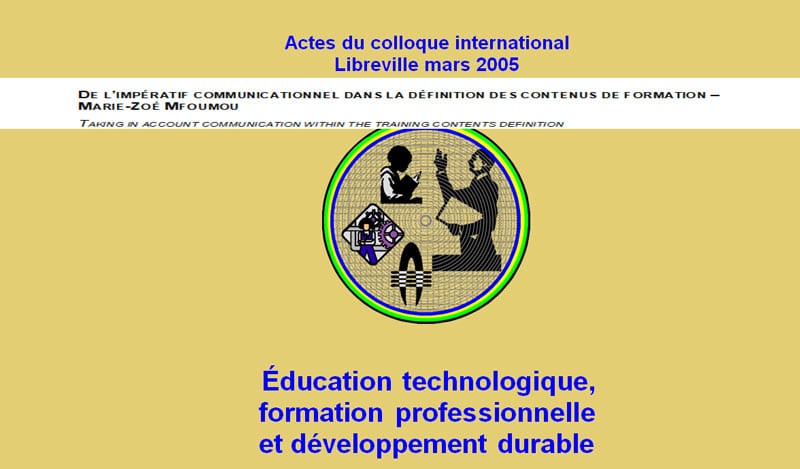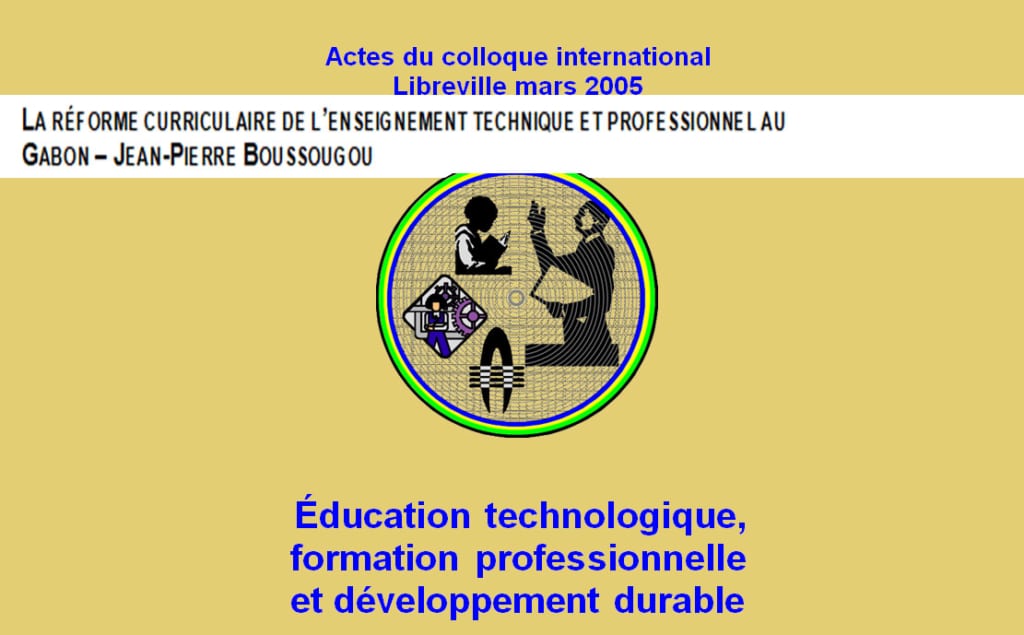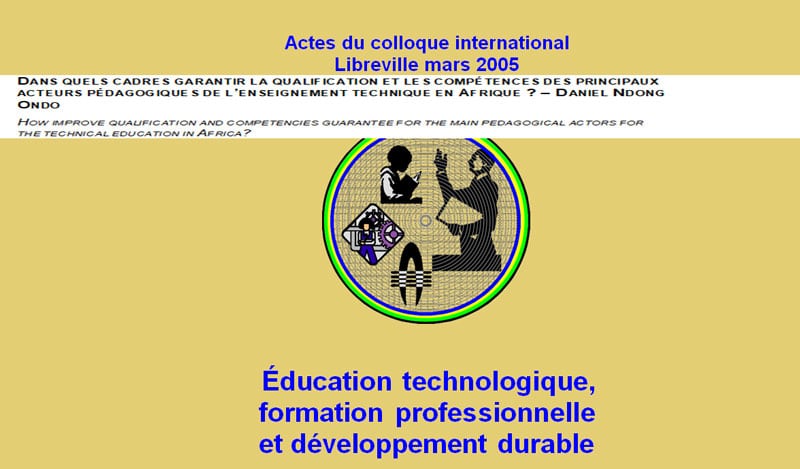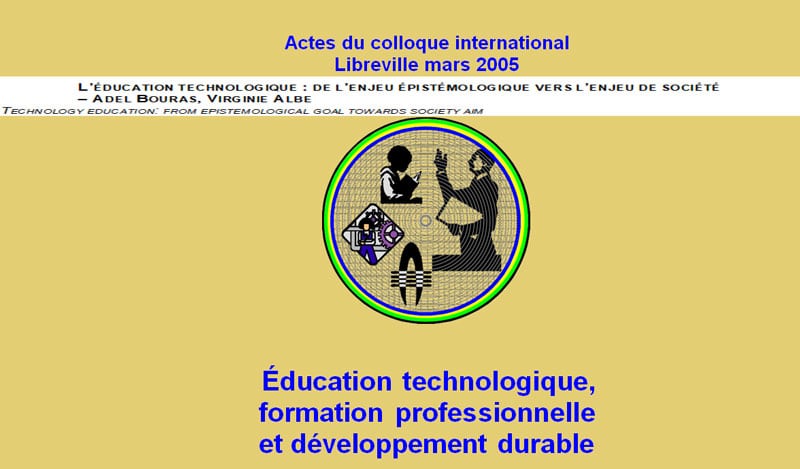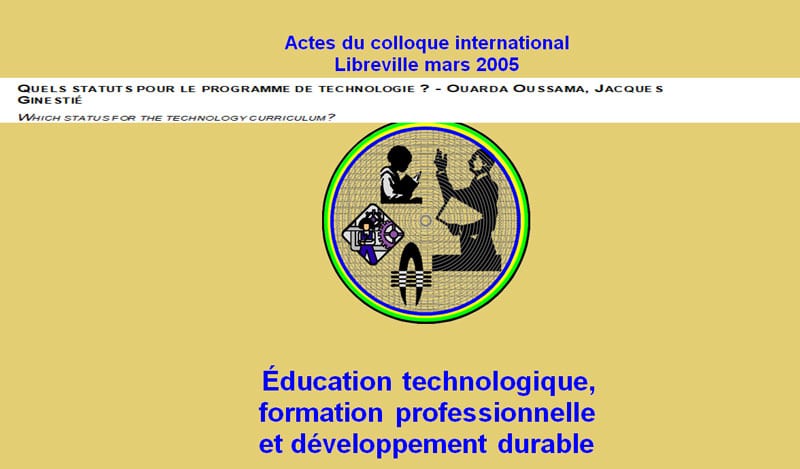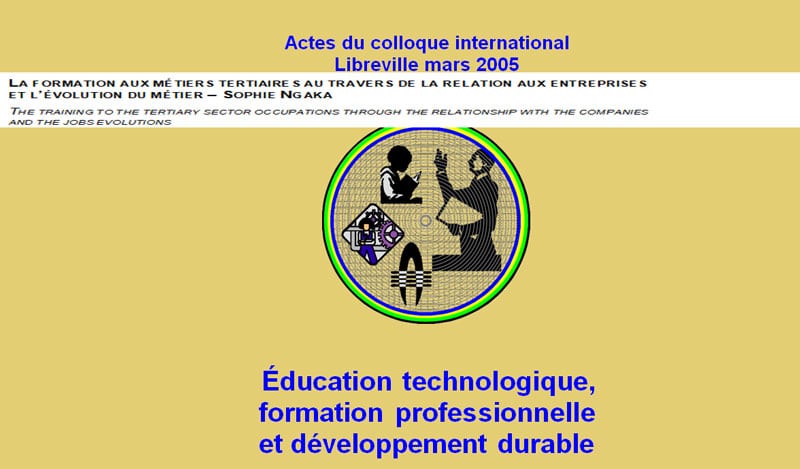
LE MANAGEMENT COMPLEXE DE PROJETS, UN OUTIL DE TRANSMISSION DE CONNAISSANCES – JEAN-BAPTISTE MBIKA-MBONGUILA
THE COMPLEX MANAGEMENT OF THE PROJECT AS TOOL FOR THE KNOWLEDGE TRANSMISSION
LIBREVILLE2005
THE COMPLEX MANAGEMENT OF THE PROJECT AS TOOL FOR THE KNOWLEDGE TRANSMISSION
Enseignant-chercheur – ENSET – Libreville, Gabon
SUMMARY
In front of the challenges that the new millennium presents, an adaptation of the modes of transmission of are necessary to face a fact in which one can not escape: the globalization and, by the fact, the competition between different organizational systems especially in the plans of the flexibility and the performance. The management of project of the future, such as I propose it, is a process in measure to focus the energies of the actors (learners, formants of formants, authorities, etc …) in the research of a synergy allowing to be of the most successful in such a context. The capacity to transmit knowledge and to navigate in the complexity goes inevitably through a management of knowledge adapted to that reality. This allows asserting that a management of knowledge (knowledge management) based on a complex and systematic approach constitutes a mode of impossible to circumvent education today. To differentiate this approach with regard to the determinist philosophy of the practice of last decades, it is suggest naming it « complex management of projects » and mainly because of the omnipresent alarm of emergences connected to the dynamics of systems and their links. Among other things, it is necessary to ensure the continuity and the coherence between all the steps of a project. These different steps are: idea, feasibility and the determination of designs and economic plans, the realization and the transfer of the available (broadcasting of knowledge to learners, in the case in point to the formants of formants), the operation of the available and other systems of the project and finally, the ending and the alteration of the project and of its artefacts. They turn out impossible to circumvent and inextricable as for the implementation of the projects as for the emergence of future projects which themselves join a global vision of a country, in other words of an ethics of the future or of a long lasting development. This says, impossible to circumvent presence of these steps is far from meaning determinism but rather the expression of a process filled with emergences connected to the dynamics of complex systems.
RÉSUMÉ
Devant les défis que présente le nouveau millénaire, une adaptation des modes de transmission de connaissance s’imposent afin d’affronter un fait auquel on ne peut pas se soustraire : la globalisation et, par le fait même, la compétition entre divers systèmes organisationnels surtout aux plans de la flexibilité et de la performance. La gestion de projet du futur, telle que je la propose, est un processus en mesure de focaliser les énergies des acteurs (apprenants, formateurs des formateurs, pouvoir publics, etc.) dans la recherche d’une synergie permettant d’être parmi les plus performants dans un tel contexte.
La capacité de transmettre les connaissances et de naviguer dans la complexité passe inévitablement par un management de connaissance adapté à cette réalité. Ceci permet d’affirmer qu’un management des connaissances (Knowledge management) basé sur une approche complexe et systémique constitue aujourd’hui un mode d’enseignement incontournable. Afin de différencier cette approche par rapport à la philosophie déterministe de la pratique des dernières décennies, il est proposé de la nommer « management complexe des projets » et ce, principalement à cause de la préoccupation omniprésente des émergences liées à la dynamique des systèmes et leurs liens.
Entre autres choses, il faut assurer la continuité et la cohérence entre toutes les étapes d’un projet à savoir : la naissance, la faisabilité, la détermination des designs et planifications, la réalisation et le transfert des livrables (diffusion des connaissances aux apprenants, en l’espèce aux formateurs des formateurs), l’opération des livrables et autres systèmes du projet et, finalement, la terminaison et mutation du projet et de ses artefacts. Ces étapes s’avèrent incontournables et indissociables tant pour la mise en œuvre des projets que pour l’émergence de projets futurs qui eux-mêmes s’inscrivent dans une vision globale d’un pays, en d’autres termes d’une éthique du futur ou d’un développement durable. Ceci dit, l’incontournable présence de ces étapes est loin de signifier le déterminisme mais plutôt l’expression d’un processus rempli d’émergences liées à la dynamique des systèmes complexes.
